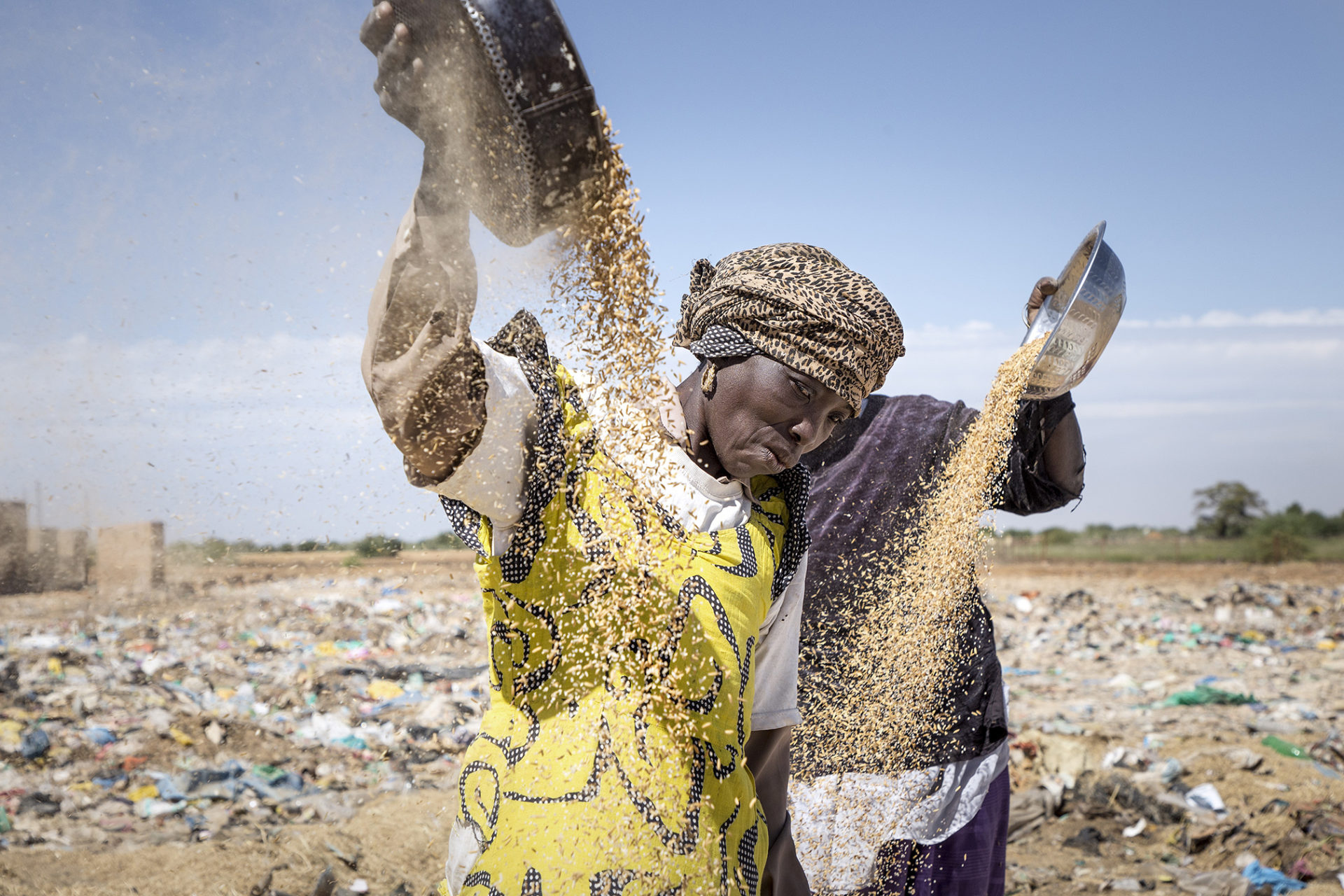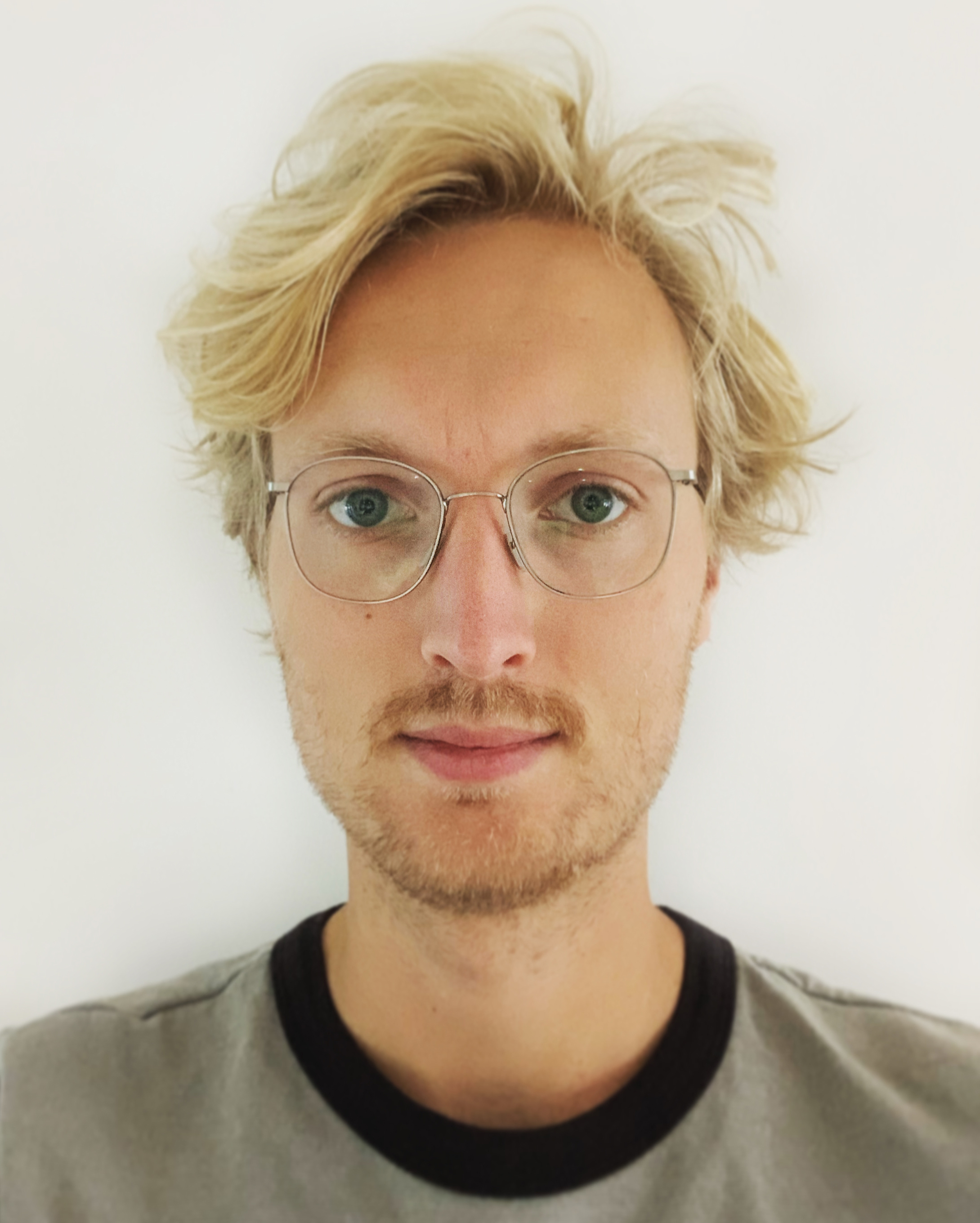De Voedselzaak - How to feed 10 billion people by 2050?
Share
De Volkskrant will report on food corridors as a solution to fight poverty and hunger in Africa, by way of approaching the topic from a sociological, economic, environmental as well as a political perspective.
- €114,000 Budget in Euros
- 2019 Final release date
- 2 Round winner
- 9 Locations
- 12 Durations in months

In 2050 an estimated 9.8 billion people will live on our planet. That’s an increase of today’s world population by one third in only three decades. How are we going to feed all these people? Over the coming year de Volkskrant will explore this question while focusing on food security in Africa.
We feel Africa is the logical place to delve into this topic, since the earth’s population growth will largely be happening on the African continent. According to UN estimates Africa’s population will double from 1.2 billion people today, to 2.5 billion in 2050. At the same time the continent will be strongly effected by climate change, which will change weather patterns and cause desertification.
Five years ago the G8 proposed The New Alliance for Food Security & Nutrition. It defined ‘food corridors’ as an answer to our planet’s and Africa’s forthcoming food crisis. Those corridors are designated cross-border area’s for industrialized agriculture, owned by private companies in regions that are currently underperforming considering their agricultural potential.
We at de Volkskrant want to find out who is benefiting from food corridors, we want to report on the risks and challenges, and see the results with our own eyes. We will approach these issues from a sociological, economic, environmental as well as a political perspective. A lot of our stories will be about the future, yet we want to put people that are struggling with these issues today upfront. Real people, not only numbers and statistics
The span of the project is clearly global, the dominant perspective will be that of the population in the relevant regions. De Volkskrant is a Dutch national newspaper, and so for obvious reasons we will also pay attention to Dutch involvement. How does our consumer behavior in the Netherlands affect what people eat in Senegal? How can agritech innovations from Dutch start-ups change the way Tanzanian farmers grow their crops? And are any Dutch multinationals involved in land grabbing? In our presentation we will make sure to emphasize that in no way these issues are only relevant in faraway regions.
Digital storytelling
De Volkskrant has been working at the forefront of digital storytelling forms. Since 2015 our crossmedia team has been producing award winning digital productions: video explainers, short documentaries, interactives, data visualations, quizzes, longreads, podcasts and other forms of digital storytelling.
We don’t believe in grand designs for monumental interactives that are thought out completely upfront. Rather we look for agile, close cooperation between reporters, photographers, videographers, editors, designers, developers, data journalists and others involved. Form always follows content. Custom made designs, produced with the theme of the story at the forefront, are just as important as the content itself. This is how we translate complex themes into comprehensible and attractive stories, in print and online.
We will build a hub website around the project, with custom, fitting webpages for the different stories. We’ll also publish our stories in print, and distribute them in our different (specialized) newsletters and on social media, in a form that’s fitting the medium.
Project
image gallery
Click on any photo to view the image gallery lightbox at fullscreen.
Publications
-
de Volkskrant
- Voedselzaak homepage
- NL
-
de Volkskrant
- In Senegal is het eigen rijst eerst
- NL
-
de Volkskrant
- Waarom we de toekomst van voedsel onderzoeken
- NL
-
de Volkskrant
- Waar blijft de Afrikaanse landbouwrevolutie?
- NL
-
de Volkskrant
- Het antwoord op het migratieprobleem ligt in uw winkelmandje
- NL
-
de Volkskrant
- Deze Afrikaan moet (en kan!) landbouw weer sexy maken
- NL
-
de Volkskrant
- Over de Voedselzaak
- NL
-
de Volkskrant
- Kunnen we de wereld eigenlijk wel voeden?
- NL
-
de Volkskrant
- De duurzame supermarktgids
- NL
-
de Volkskrant
- Het antwoord op het voedselvraagstuk: verbeter fotosynthese
- NL
-
de Volkskrant
- Waar stad en land elkaar ontmoeten kunnen we de wereld voeden
- NL
-
de Volkskrant
- Een afgekeurd frietje is nog prima veevoer
- NL
-
de Volkskrant
- Kweekvlees is hard op weg naar uw bord
- NL
-
de Volkskrant
- Moeten we dat wel willen, een kweekvleestoekomst?
- NL
-
de Volkskrant
- Boeren Sierra Leone de dupe van mislukt FMO-project
- NL
-
de Volkskrant
- Waarom Keniaanse boeren wél 21ste eeuwse maïs verbouwen
- NL
-
de Volkskrant
- 'We moeten van onze verslaving aan goedkoop voedsel af'
- NL
-
de Volkskrant
- Elf miljard bewoners, dat kan de planeet niet aan
- NL
-
de Volkskrant
- Afrika zet de krekel op de kaart
- NL
-
de Volkskrant
- Weg met het hokjesdenken in de landbouw
- NL
-
de Volkskrant
- Alles begint met goede voeding
- NL
-
de Volkskrant
- Hightech cassave mag wél groeien in Afrika, maar niet in de EU
- NL
-
de Volkskrant
- De boerderij van de toekomst gaat de lucht in
- NL
-
de Volkskrant
- 10 miljard monden vragen om een productie op gargantueske schaal
- NL
-
de Volkskrant
- In Khartoum hangt de hoop van Oost-Afrika aan de vleeshaak
- NL
-
de Volkskrant
- Landbouwminister zet deur op een kier voor genetische modificatie
- NL
-
de Volkskrant
- Lekker én duurzaam de toekomst tegemoet met deze recepten
- NL

